But the majority of people who lie about having read books don’t lie to make someone else feel comfortable. A survey taken in the UK a couple of years back, according to the Telegraph, indicates that 62% of British people surveyed lied about having read classic novels. A small number of people (3%) even hid the “lowbrow” books and magazines they were reading inside more ‘intelligent-looking’ publications. And that is essentially the main reason, people lie about having read books to appear more intelligent, because you are often judged by the books you read. There are even memes shared on social media espousing the alleged merits of judging people by the contents of their bookshelf. If you’re sharing those memes, it’s time to spend less time judging and more time reading.
The BBC Store recently compiled a list of the twenty most lied-about books, and there are three of our favourites on the list! How many of these have you read?
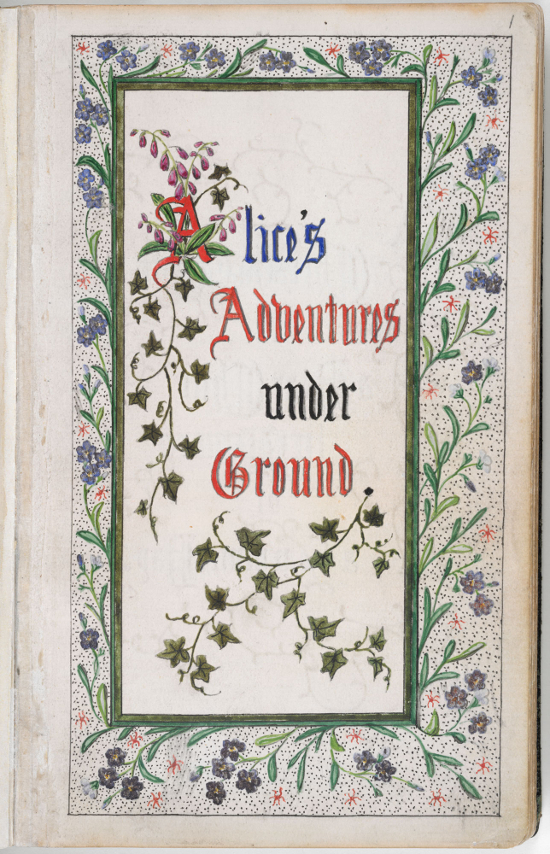
1. Alice’s Adventures in Wonderland by Lewis Carroll
I suspect Alice tops the list because most people have been introduced to Alice by way of a picture book and don’t go on to read the original unabridged version. But if you’ve only read an abridged version you are really missing out on a wonderful story.
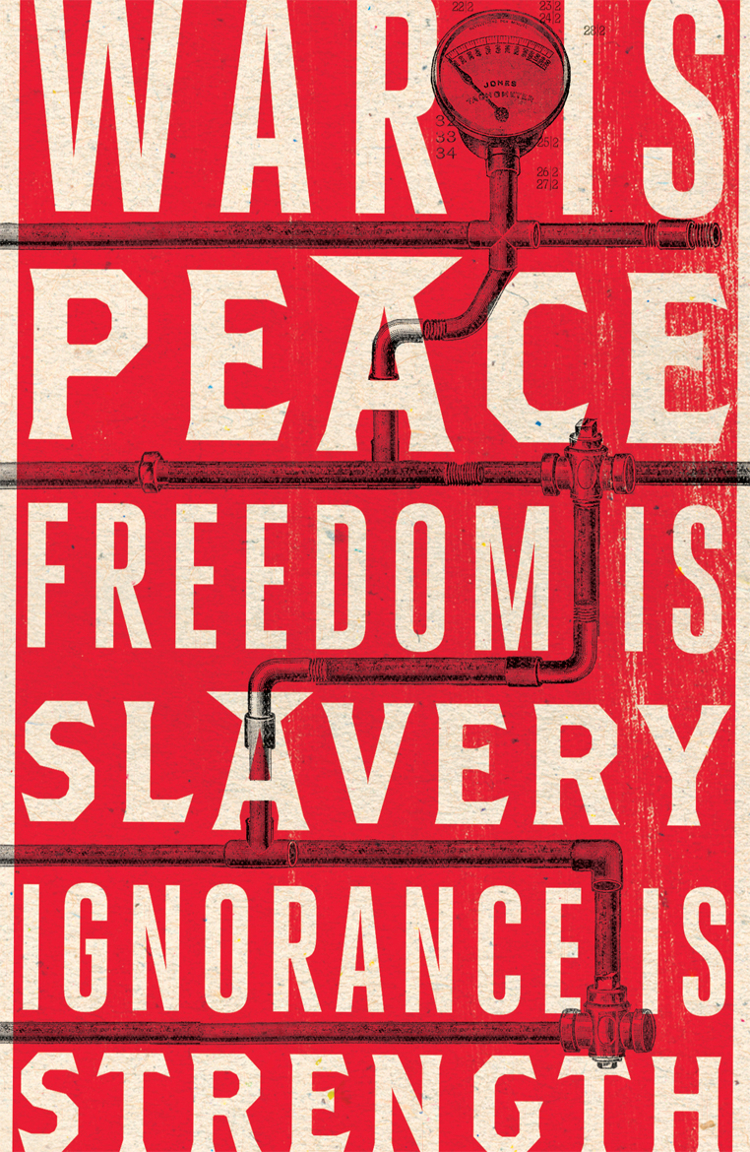
2. 1984 by George Orwell
This is one of C.S. Hughes’ favourites. Some New York Times writers think that most people who reference 1984 have never actually read it. They’re probably onto something. 1984 is a book that has become so ingrained in popular culture that people think they know enough about it not to have to read it. Here’s a hint, you don’t, so read it.
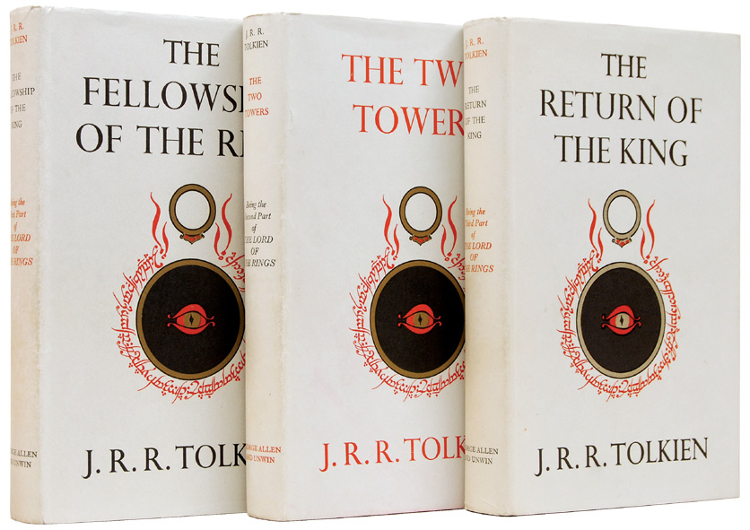
3. The Lord of the Rings by JRR Tolkien
This is my favourite book of all time, and it took me some time to get through the whole thing. I tried a couples of time when I was a teenager, but I was twenty one when I managed to sit down and read it right through. When I saw Christopher Lee saying he read it each year I was inspired to do the same (and manage most years), and it really does improve with each reading. So if you have bombed out, just try it again.
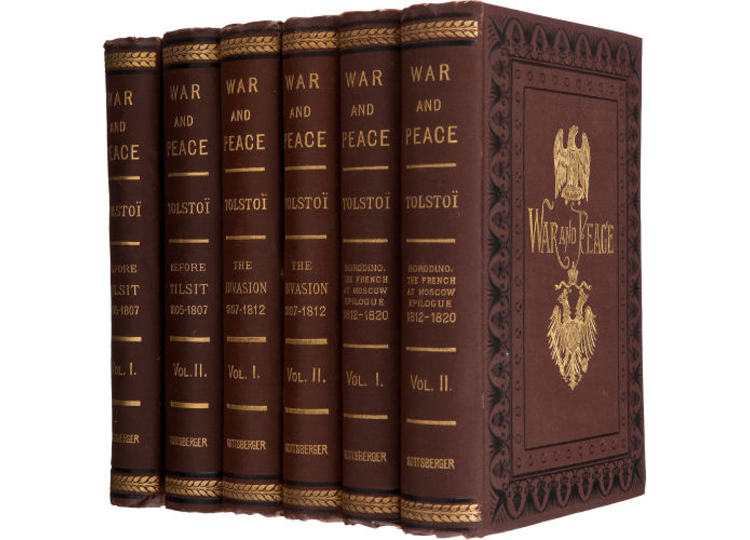
4. War and Peace by Leo Tolstoy
People don’t read War and Peace because it is enormous and 1300 pages would scare anyone. I have tried to read this a couple of times but seem to drift off course – and it’s not a difficult read either. (edit: 2018 and I am thinking about a fresh attempt.)
5. Anna Karenina by Leo Tolstoy
Hefty, but not quite as hefty as War and Peace. This is one of Neil Kemp’s favourites and this is a slightly surprising inclusion on the list, considering how popular the story is and how many times it has been adapted for the screen. There’s always been some controversy over which translation of Anna Karenina is closest to Tolstoy’s, and at the moment Rosamund Bartlett’s 2014 edition for Oxford seems to be the popular one amongst academics.
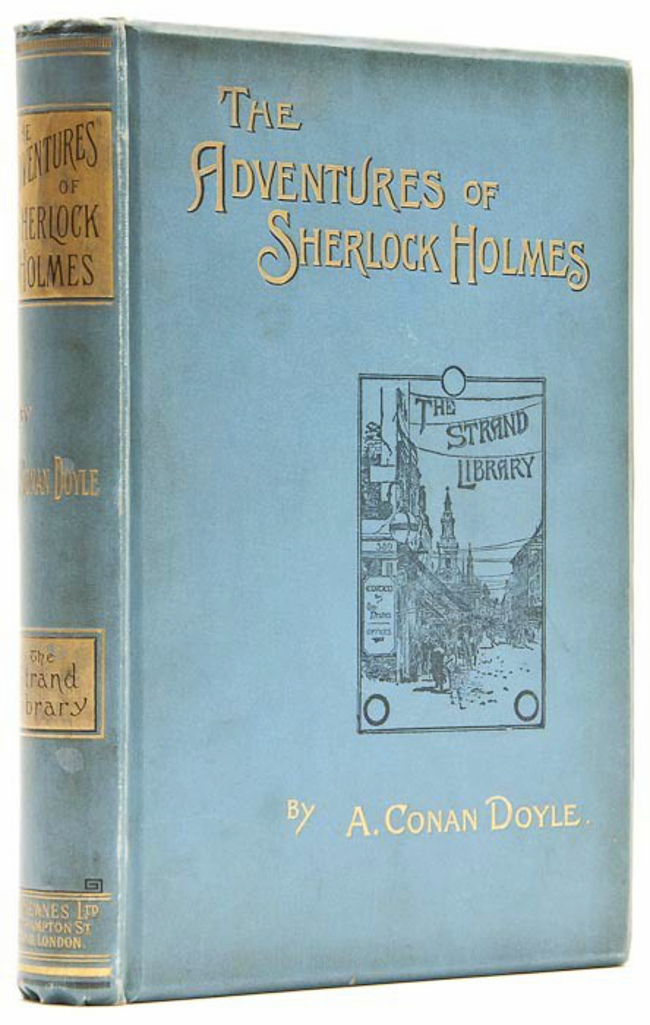
6. The Adventures of Sherlock Holmes by Sir Arthur Conan Doyle
Sherlock has been adapted for the screen so many times and in so many different ways, it is not that surprising that people haven’t read the original. But it really is worth it, after all, it has inspired a whole new generation of Sherlock stories.
7. To Kill a Mockingbird by Harper Lee
This suffers, I am sure, from school book-list-itis. If you lie about reading it in high school you will probably never go back to it, and there is a wonderful film you could use for basic reference. Let’s hope they never try and remake the film after the debacle that was Go Set a Watchman, a book I encourage you to never read (as I never will) and be proud of not having read. But please read Mockingbird.
8. David Copperfield by Charles Dickens
David Copperfield was adapted into three silent films and a moving picture before 1935, and then another nine television or film adaptations since. But it has certainly not had more adaptations than some of the other Dickens novels on this list, and I was surprised to see it rank higher than Bleak House.
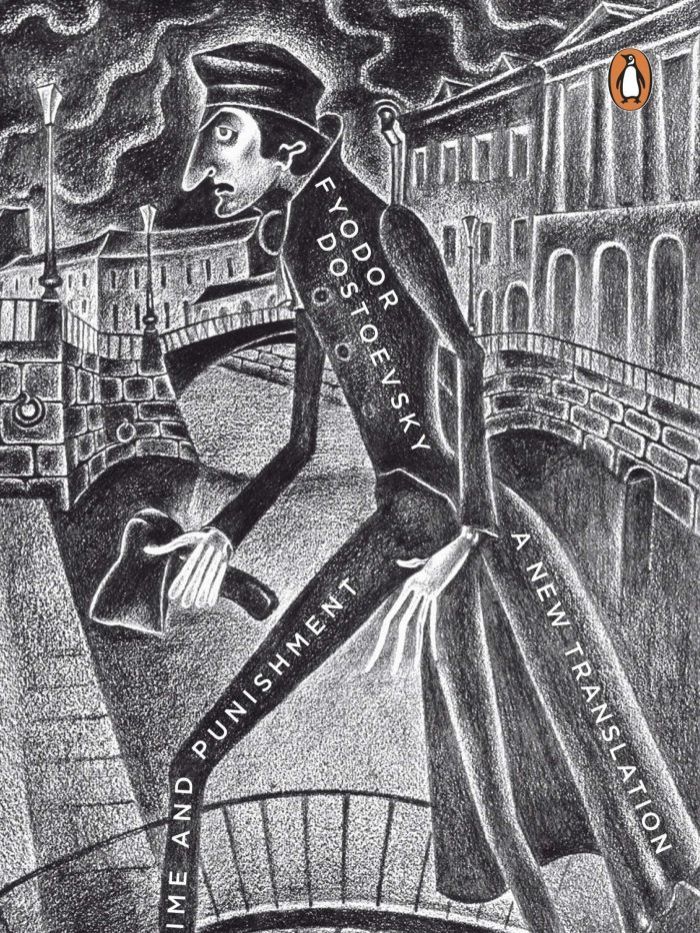
9. Crime and Punishment by Fyodor Dostoyevsky
Many moons ago I had a bet with two friends that we would all try to get through this book, and we all failed. This is without a doubt one of the most difficult books I have tried to read and you would have to be pretty brave to try and wing your way through a conversation about it without having read it.
10. Pride and Prejudice by Jane Austen
I blame Andrew Davies for his wonderful, unsurpassed adaptation for the BBC. But if you haven’t read this, put it on your list. There is nothing quite like reading Jane Austen, she is one of a kind.
11. Bleak House by Charles Dickens
This is one of Dickens’ heftier novels at just over 1000 pages, and with a large cast of characters it seems to be a daunting read. But it still has less characters than War and Peace.
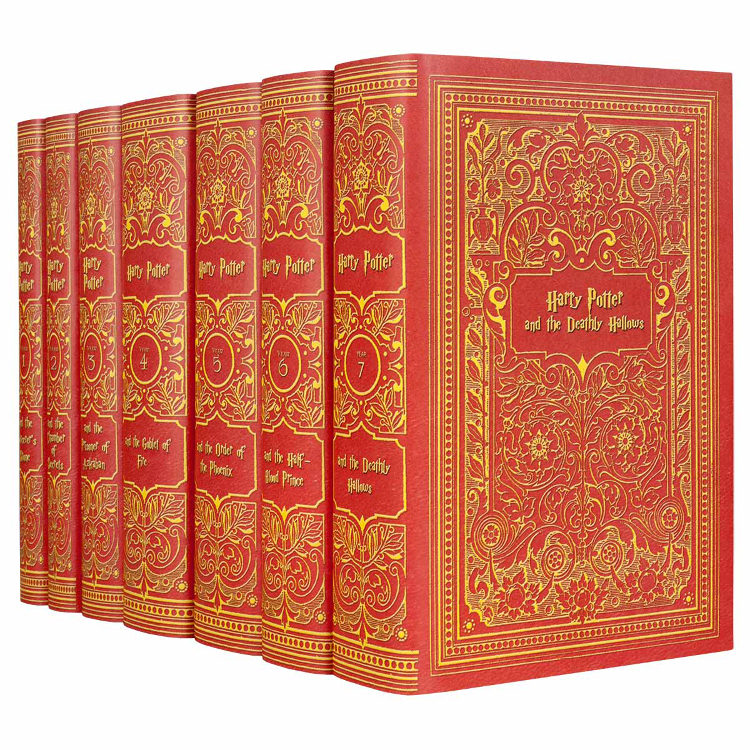 12. Harry Potter series by JK Rowling
12. Harry Potter series by JK Rowling
There is nothing at all surprising about lying about having read Harry Potter books, because I can just imagine the horrified look on my own face when I learn people haven’t read them (or worse still, don’t like them). But as Harry Potter fans tend to have an encyclopaedic knowledge of the books and history of the magical community, I suggest you stop lying and start reading. You’d have to be a very accomplished Occlumens to get away with it.
13. Great Expectations by Charles Dickens
There are eighteen film and television adaptations of Great Expectations, but despite the protagonist being a young man, Pip, it is Miss Havisham that sticks with most people. One of the most iconic characters in literature, she has worn her wedding dress and one shoe since the day that she was jilted at the altar by her fiance. Despite the 1946 film being the most popular, I loved the 2012 version with Helena Bonham-Carter as Miss Havisham. But as we’re talking about the book, read it. It’s wonderful.
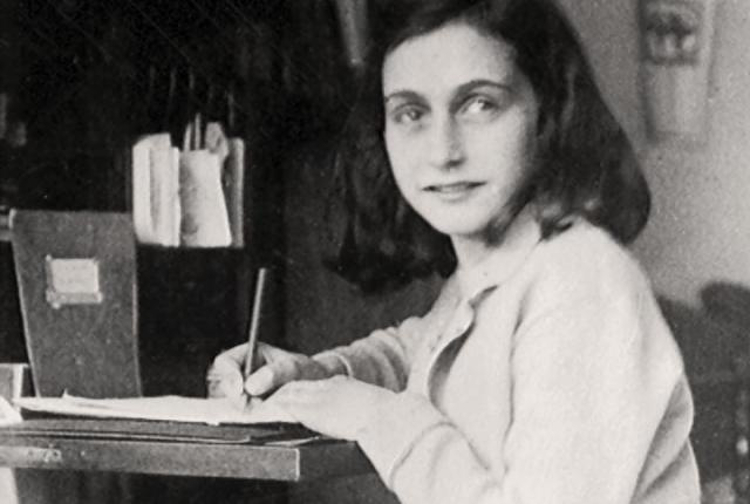
14. The Diary of Anne Frank – Anne Frank
Just admit that you haven’t read it because it the idea of reading it makes you really, really sad.
15. Oliver Twist by Charles Dickens
“Please sir, I want some more.” This is another one of those books with an iconic character with a famous line that most people figure they have read, or might have read, or know enough about not to read. I haven’t read it, and think I should (and I think you should read it too).
16. Fifty Shades trilogy by EL James
While we’re staying non-judgemental, I really did think people would lie and say that hadn’t read this book, not that they had. There are some pretty hilarious run-throughs on the internet you could use for a cheat sheet.
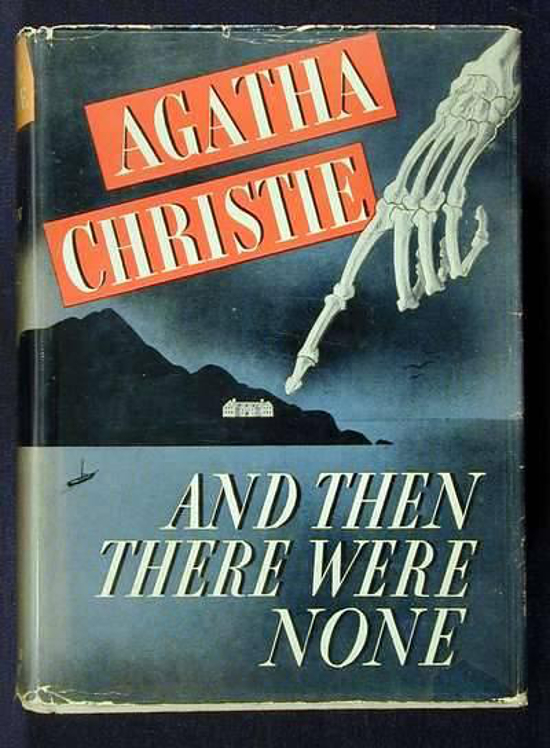
17. And Then There were None by Agatha Christie
And Then There Were None is widely considered Agatha Christie’s great masterpiece, and one of the more difficult Agatha Christie books to read. The novel is also famous for its long history of title swaps. Now I would be interested to learn if people had read other Agatha Christie books, but just not this particular title, or if they have not read any Christie books at all because the sheer number of them is intimidating. If you’re a slightly crazy book collector you’ll also need to collect matched sets before you commence reading. Maybe starting with a standalone novel is a good idea.
18. The Great Gatsby by F Scott Fitzgerald
Despite it’s size and subject, Gatsby is not actually an easy read (it took me a few tries before I got into it). It was received quite poorly when it was first published in 1925 and never achieved commercial success in Fitzgerald’s lifetime. Fitzgerald died in 1940, believing himself to be a failure. However, his publisher, Charles Scribner’s Sons, has continually kept the book in print despite the slow sales. The book only became popular during WWII, when it was distributed to soldiers in paperback, and has been considered an American classic ever since.
19. Catch 22 by Joseph Heller
Books based on people’s personal experiences of the war are always going to be a gruelling read, and Catch 22 largely examines men trying to retain their sanity during WWII. It actually received mixed reviews upon publication and became a cult classic, mainly with college students, before it was recognised amongst the literary heavyweights.
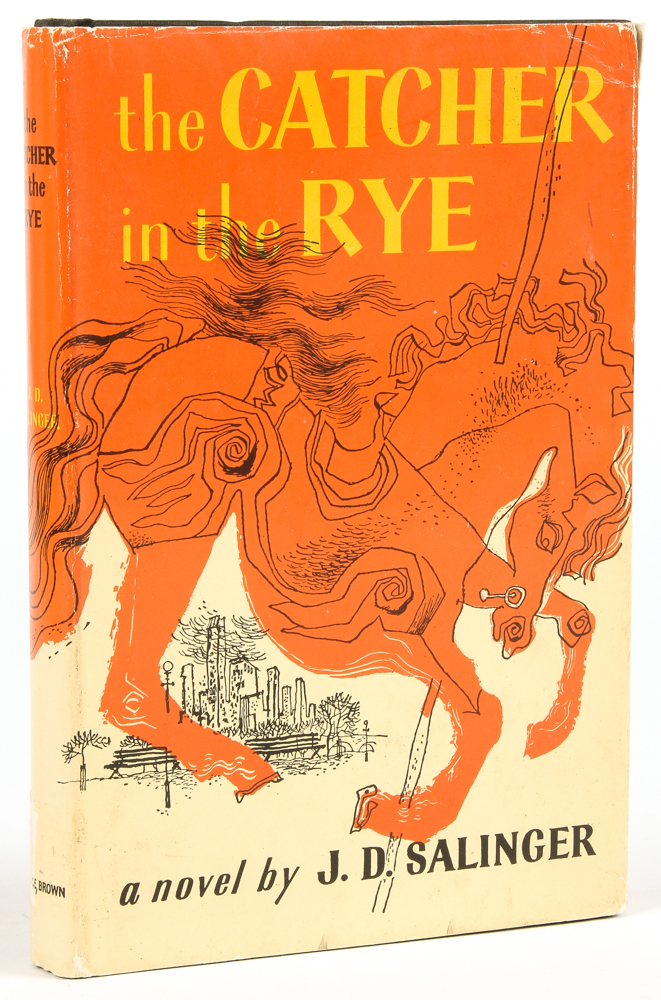
20. The Catcher in the Rye by JD Salinger
You know Catcher is a horrible book. I was blown away when I read it as a teenager. I lent it to a slightly fluffy someone I knew, who read and and then asked me why I had tortured them by giving them such a horrible book to read. And yes, in many ways it is a horrible book. Several murderers have claimed Catcher influenced them. But it still sells 250,000 copies a year, because it is one of the greatest novels of the 20th century.
Make sure you check out our favourite video reviews of classic books by Sparky Sweets, which are both husterical and insightful. Check out Thug Notes here.

